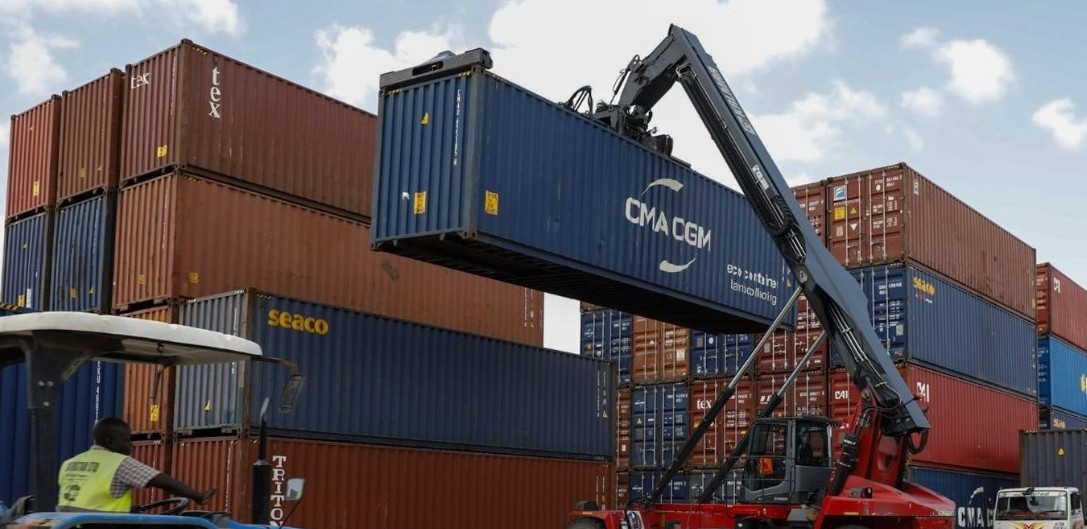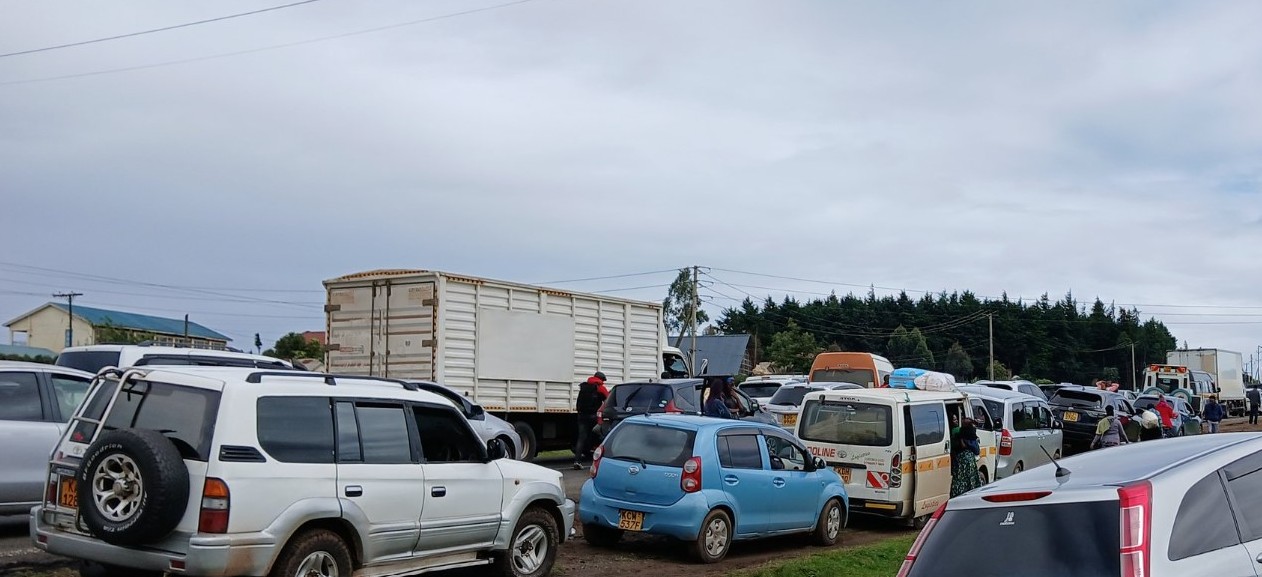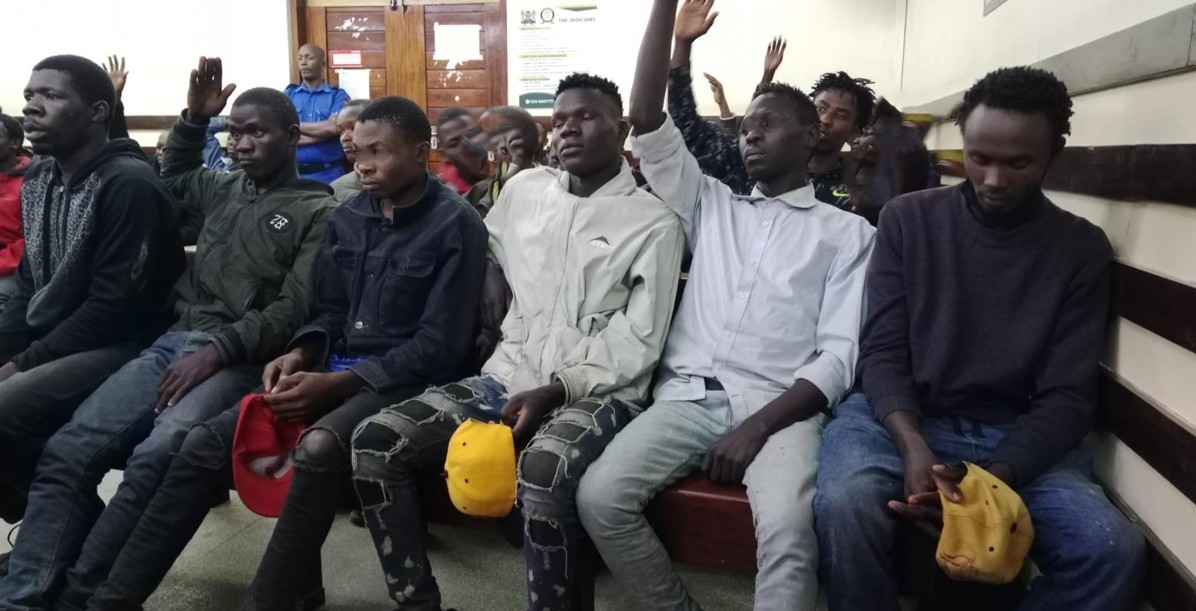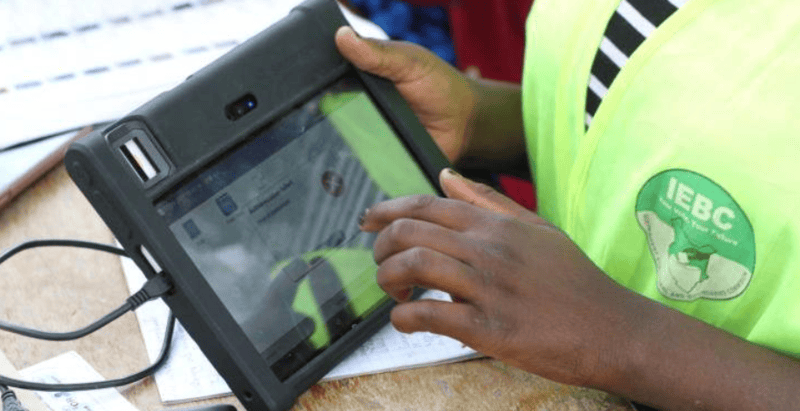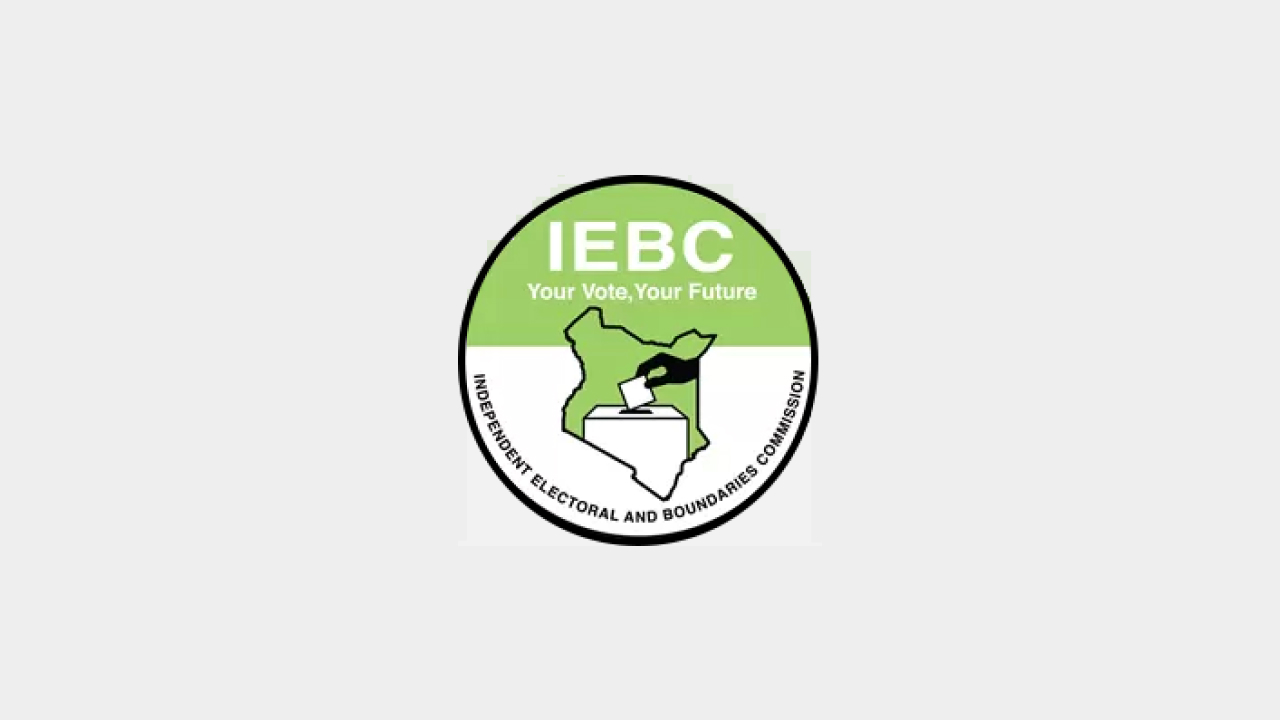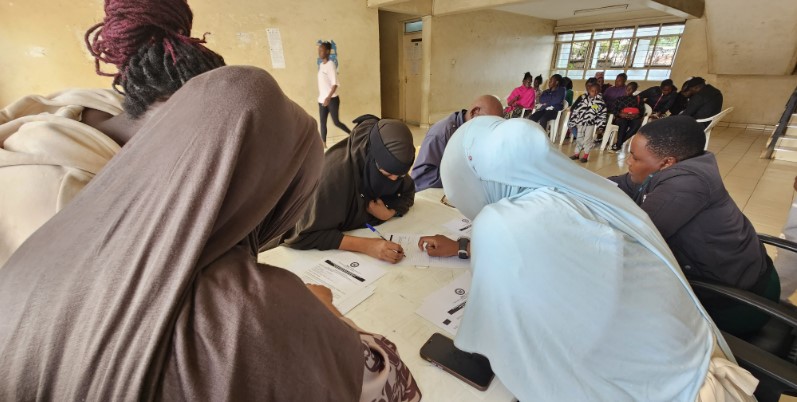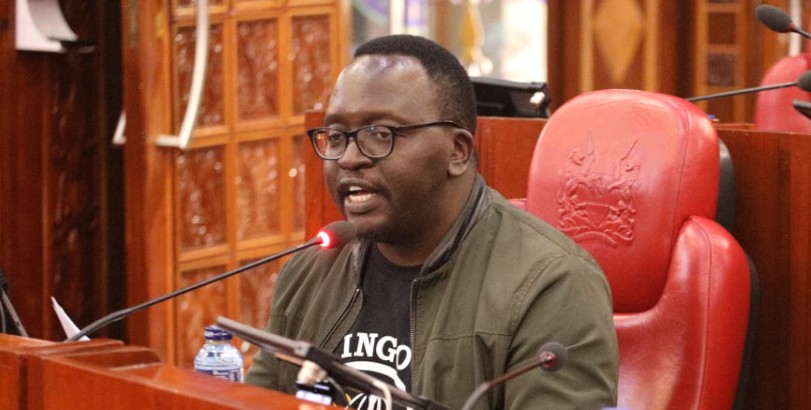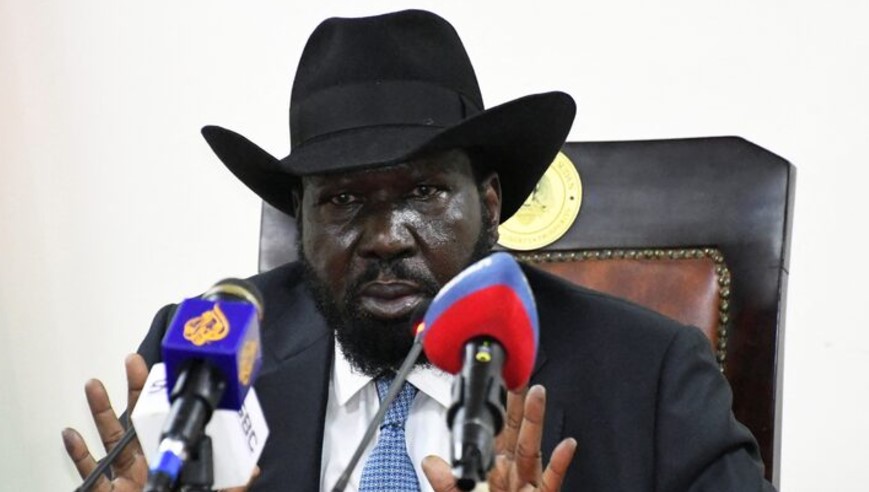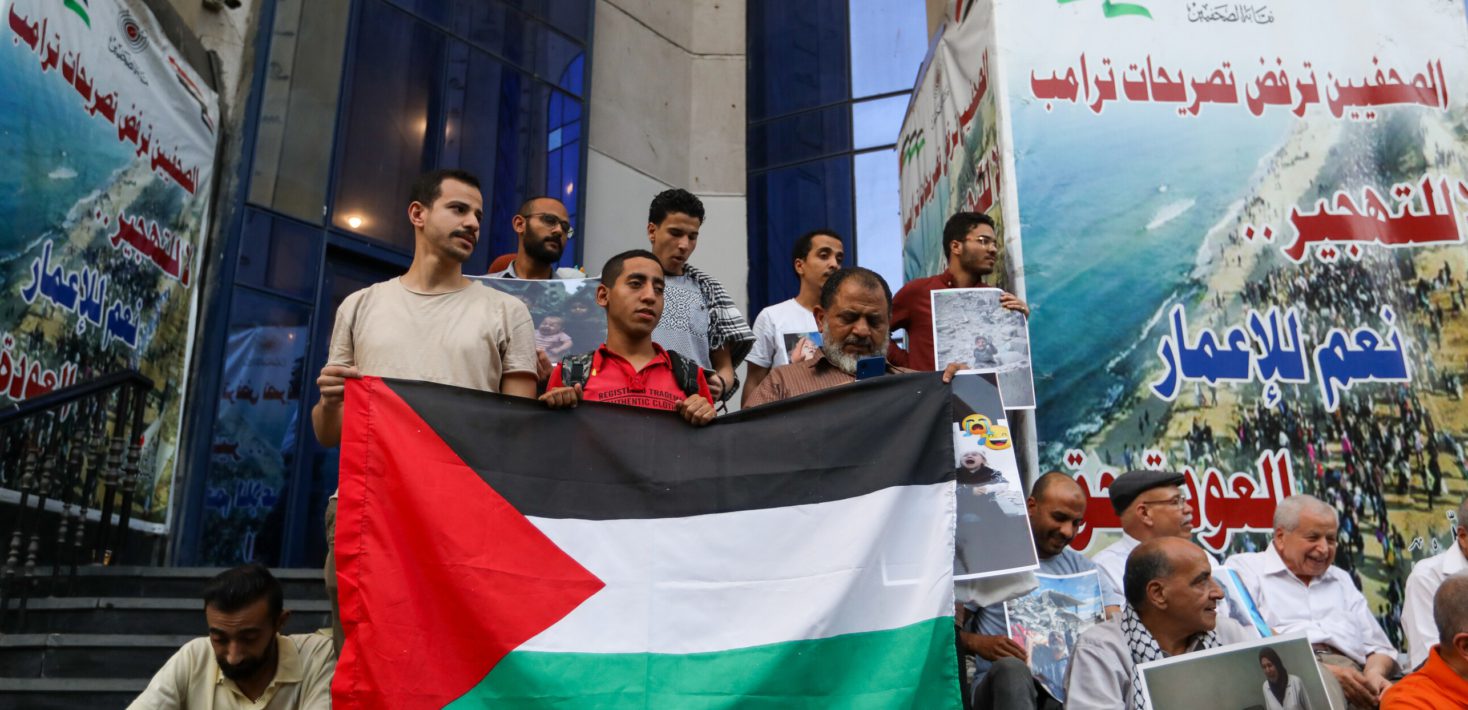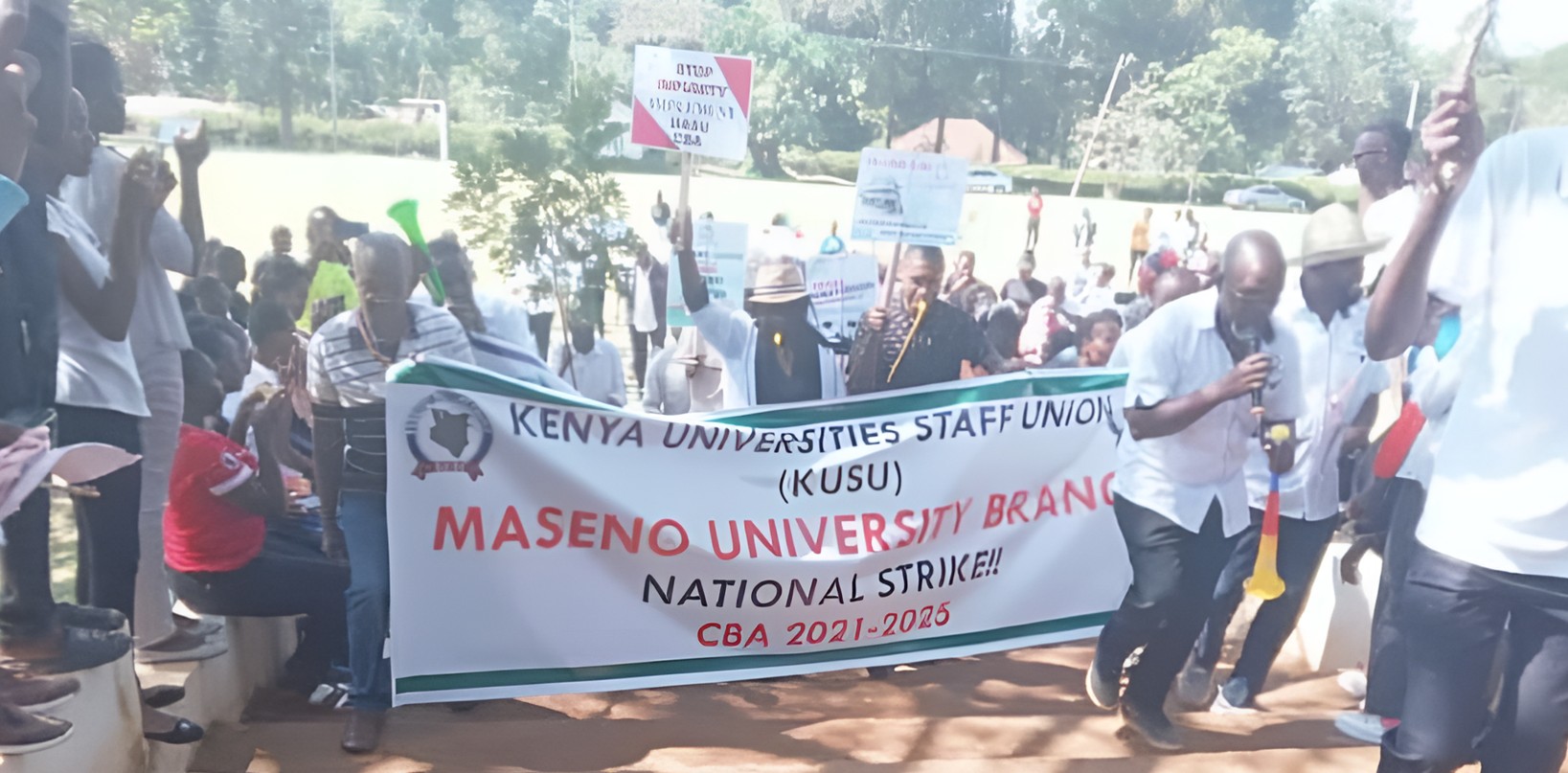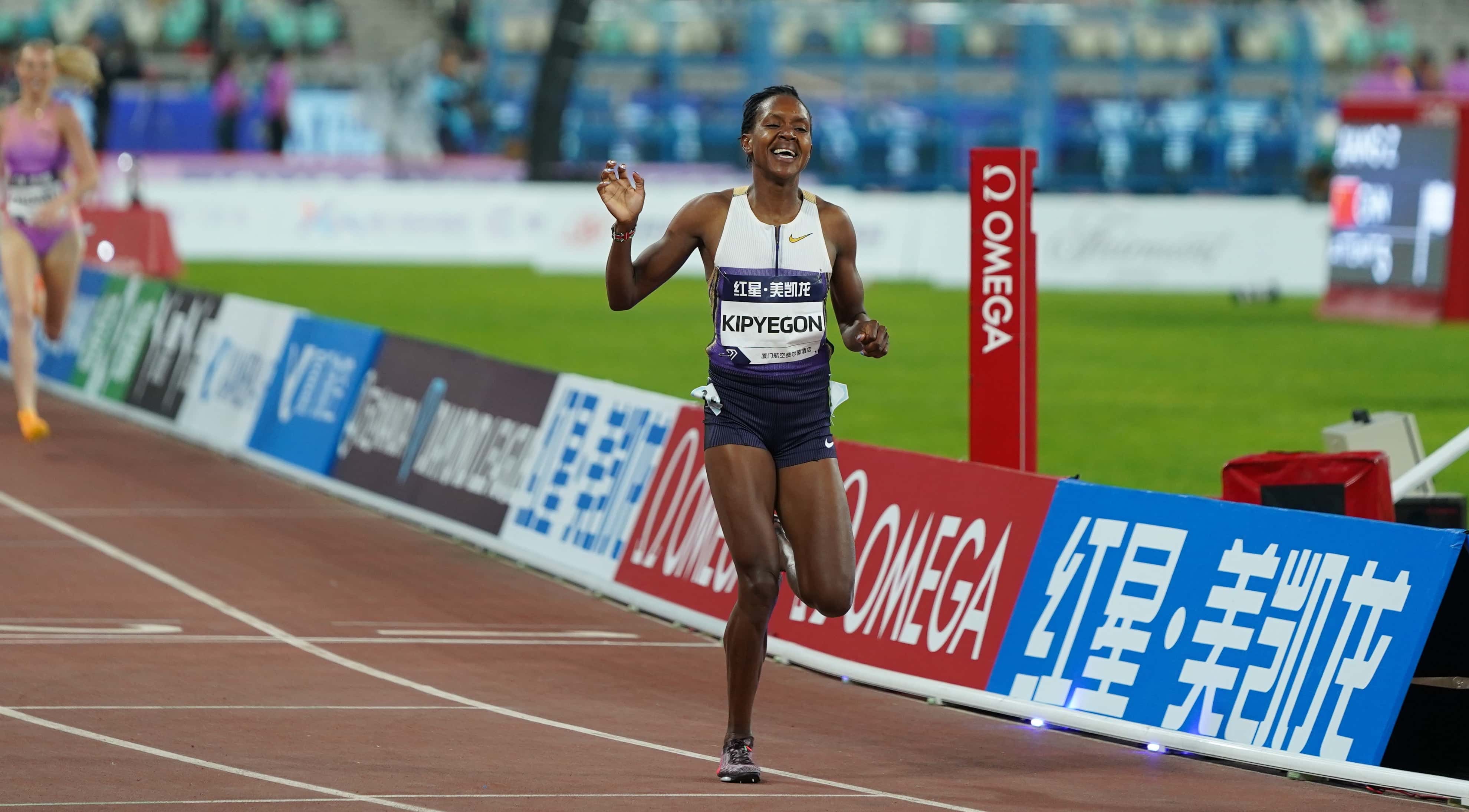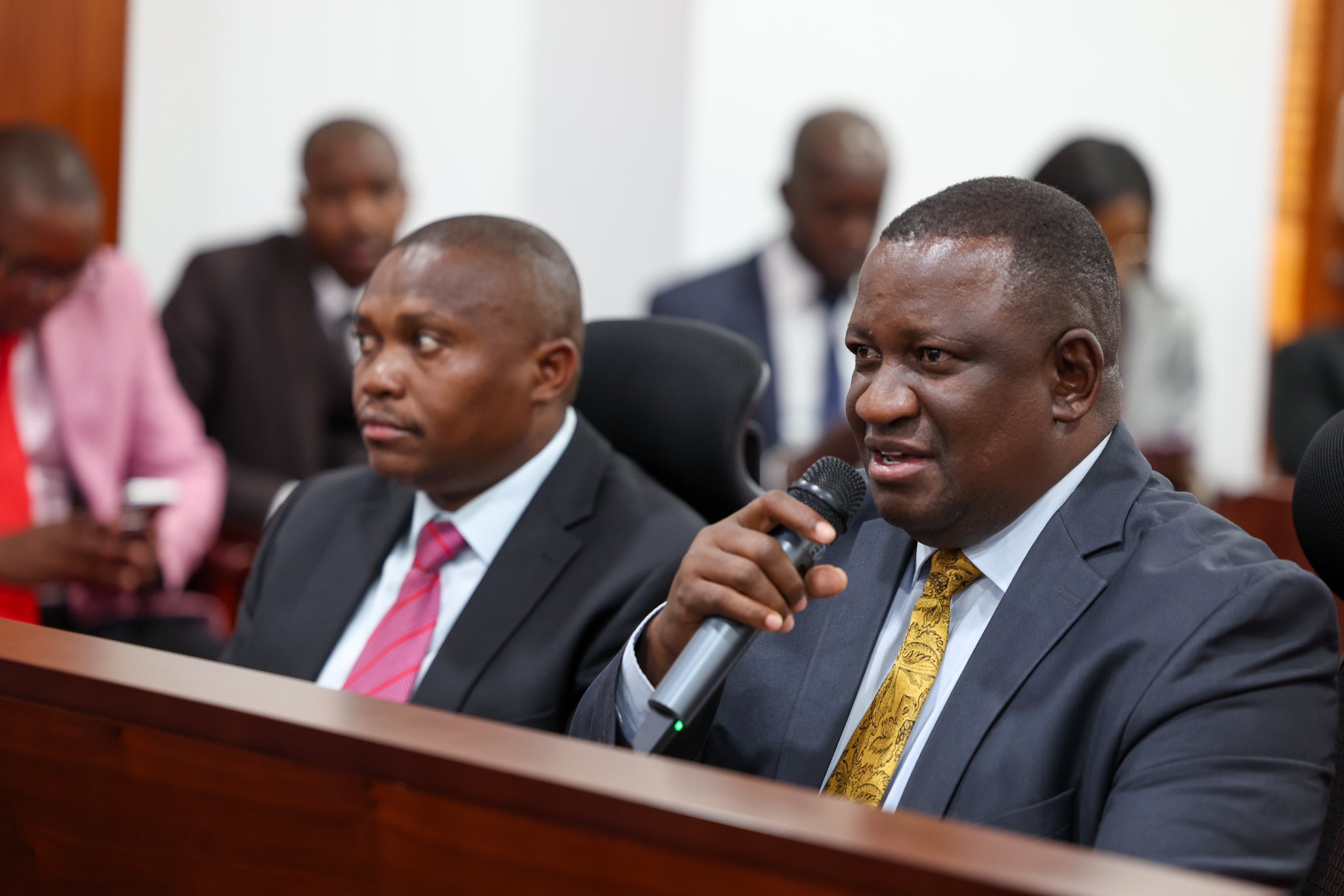Ruto clashes with courts over roadblocks ban, accuses Judiciary of undermining security

The President argued that it is unreasonable to deny the police the tools necessary to maintain order, especially when those challenging such measures benefit from state-provided security.
President William Ruto has criticised the High Court’s decision barring the Inspector General of Police from erecting roadblocks or using teargas and water cannons during public demonstrations, calling it a threat to the safety and property of Kenyans.
The President argued that it is unreasonable to deny the police the tools necessary to maintain order, especially when those challenging such measures benefit from state-provided security.
More To Read
- UNICEF demands children’s protection after Bridgit Njoki, 12, killed in Saba Saba protests
- Gachagua unveils 8-point plan to end protests, slams Ruto over housing levy, police brutality
- Kenyans rally behind #WeAreAllKikuyus, condemn tribal profiling following Saba Saba protests
- KEWOPA, health workers slam Kitengela Hospital invasion during Saba Saba protests
- IJM launches probe into protest killings, calls for justice for 12-year-old girl shot in Kiambu
- Saba Saba protest death toll rises to 31
He took issue with the individuals who sought and obtained court orders limiting police powers, saying their actions put ordinary citizens at risk.
“I have seen that today someone in court has said that the Inspector General of Police should not block roads, should not use teargas, should not use water cannons to protect the lives of other Kenyans,” Ruto said on Wednesday at State House.
“The one saying so, in his case, has police who protect and drive him. How can anyone say that the police cannot protect the lives and property of other Kenyans?”
Court ruling
The President was reacting to a ruling delivered earlier in the day by Justice Lawrence Mugambi, who restrained the Inspector General and his officers from interfering with peaceful public assemblies.
“Pending the hearing of the application, a conservatory order is hereby issued restraining the 1st Respondent, the Inspector General of the National Police Service, or any officer subordinate to him, from suspending Articles 37 and 39 of the Constitution by cancelling, disrupting, or interfering in any way with the right to assemble, protest, or picket while peaceful and unarmed,” Justice Mugambi ruled.
The Katiba Institute had moved to court to challenge what it termed as the unlawful suspension of fundamental rights on July 7, when police blocked major roads in Nairobi to deter Saba Saba protesters from accessing the central business district.
Justice Mugambi ruled that the police actions violated constitutional guarantees of freedom of movement, assembly, and protest, as provided under Articles 37 and 39 of the Constitution.
Teargas and water cannons
But Ruto defended the police, saying measures such as roadblocks and the use of teargas and water cannons are vital to prevent lawlessness during protests.
“There’s a reason why roadblocks exist. There’s a reason why police have teargas and water cannons; these are tools to protect Kenyans when they are in danger,” he said.
Ruto added that constitutional rights must be exercised within limits, especially when public order and property are at stake.
“Kenyans must understand that their democratic rights end where another person’s rights begin — including the right to own property,” he said.
He insisted that the police are mandated to ensure that protests do not devolve into destruction.
During the Saba Saba protests, police reported 11 deaths and 63 injuries, 52 of whom were police officers.
A total of 567 people were arrested, and 19 vehicles were damaged, 12 belonging to the police, three to the government and four to civilians.
However, the Kenya National Commission on Human Rights (KNCHR) gave a different account, indicating 31 deaths, 107 injuries, 532 arrests, and two enforced disappearances. The commission also documented the destruction of property of unknown value.
Top Stories Today

